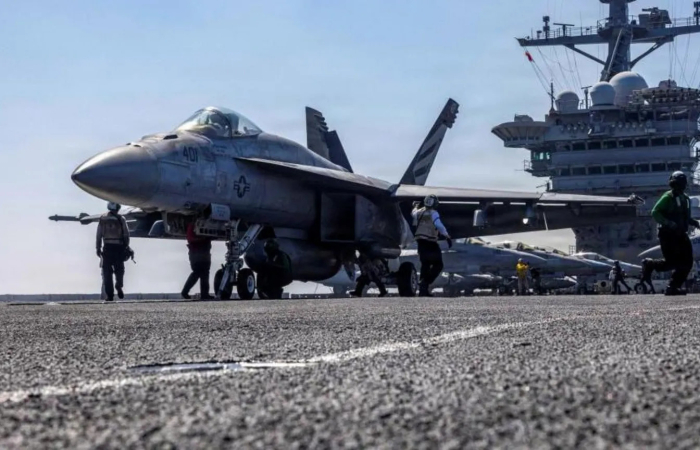"A curious election took place recently in the Caucasus. It attracted very little notice but deserved more. In the tiny, unrecognized territory of Nagorny Karabakh-entirely Armenian but still regarded by the world as de jure part of Azerbaijan-an opposition candidate for president did extremely well", expert Thomas de Waal says in his article "Competitive Caucasus Elections" in The National Interest.
"The Karabakh election conforms to a curious trend whereby some of the most competitive elections in the post-Soviet space are in unrecognized or partially recognized territories", Waal says.
"With no support from any political party and in a place with a strong tradition of government control, Vitaly Balasanian collected 32 percent of the vote against the incumbent Bako Saakian, who was reelected president. According to local statistics, about seventy thousand people voted. Balasanian's was an impressive performance by any standards. In most of the former Soviet Union, opposition candidates do not get a third of the vote. The result was even more striking in the limited conditions of Nagorny Karabakh. In Armenia's last-disputed-presidential election, former president and head of the opposition Levon Ter- Petrosian was awarded 21 percent of the vote. The Armenian opposition may now take heart ahead of the next presidential election there, due in February 2013", Waal says.
He also points out that the opposition candidate picked up his strongest support in three rural regions, Askeran, Martakert and Martuni, where socio-economic problems are greatest.
To note, during the presidential election in the NKR the incumbent President Bako Sahakyan obtained nearly 67% of votes and his opponent Vitaly Balasanyan - 32%.
English journalist: Presidential election in Karabakh attracted very little notice but deserved more
English journalist: Presidential election in Karabakh attracted very little notice but deserved more







